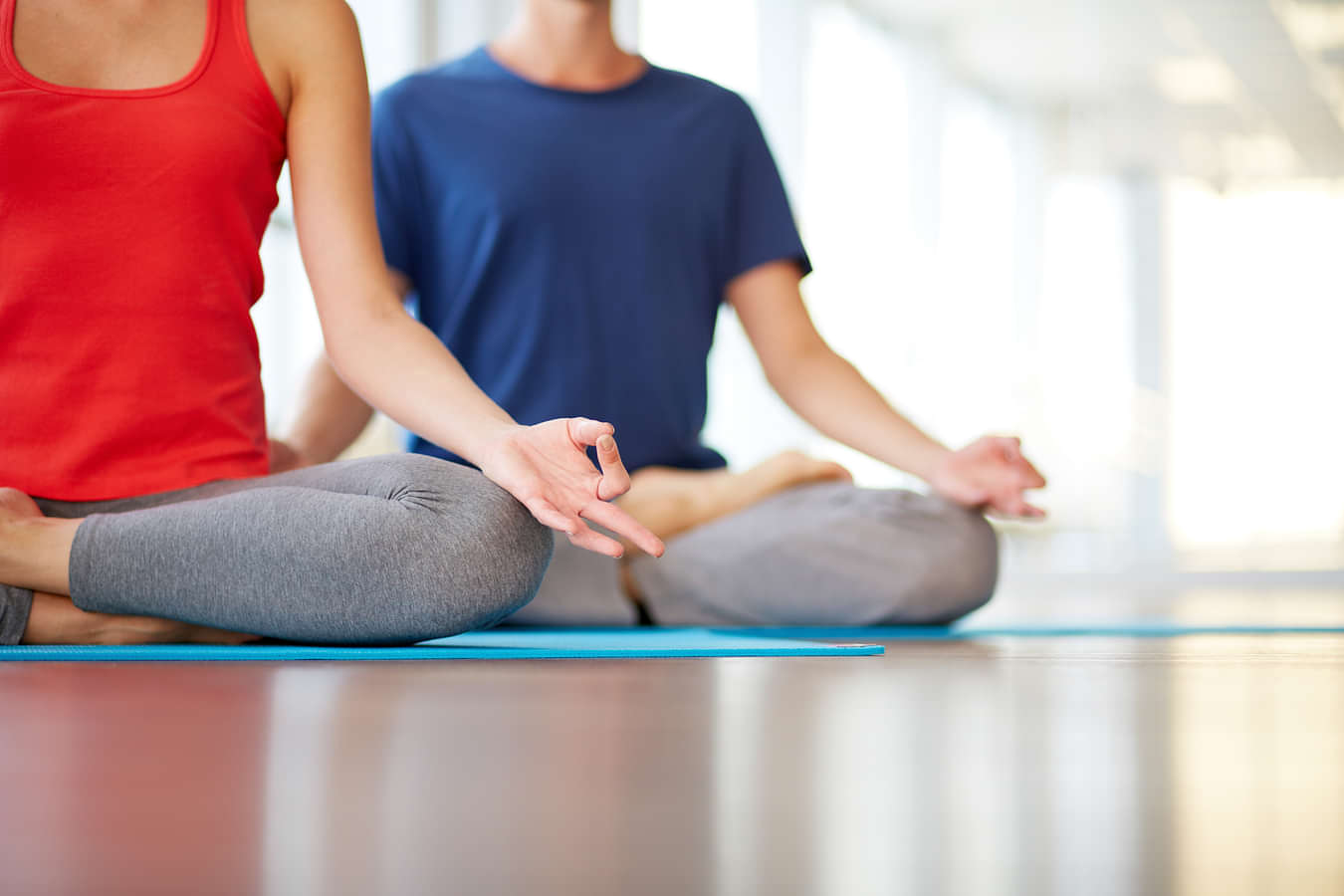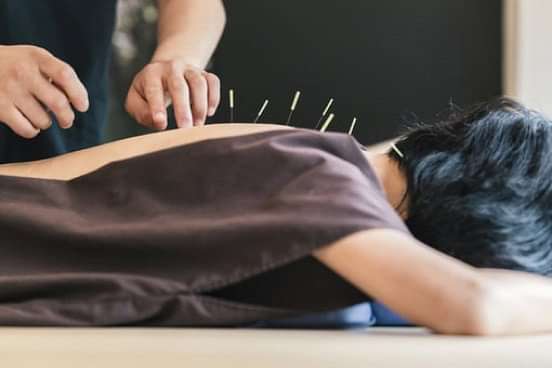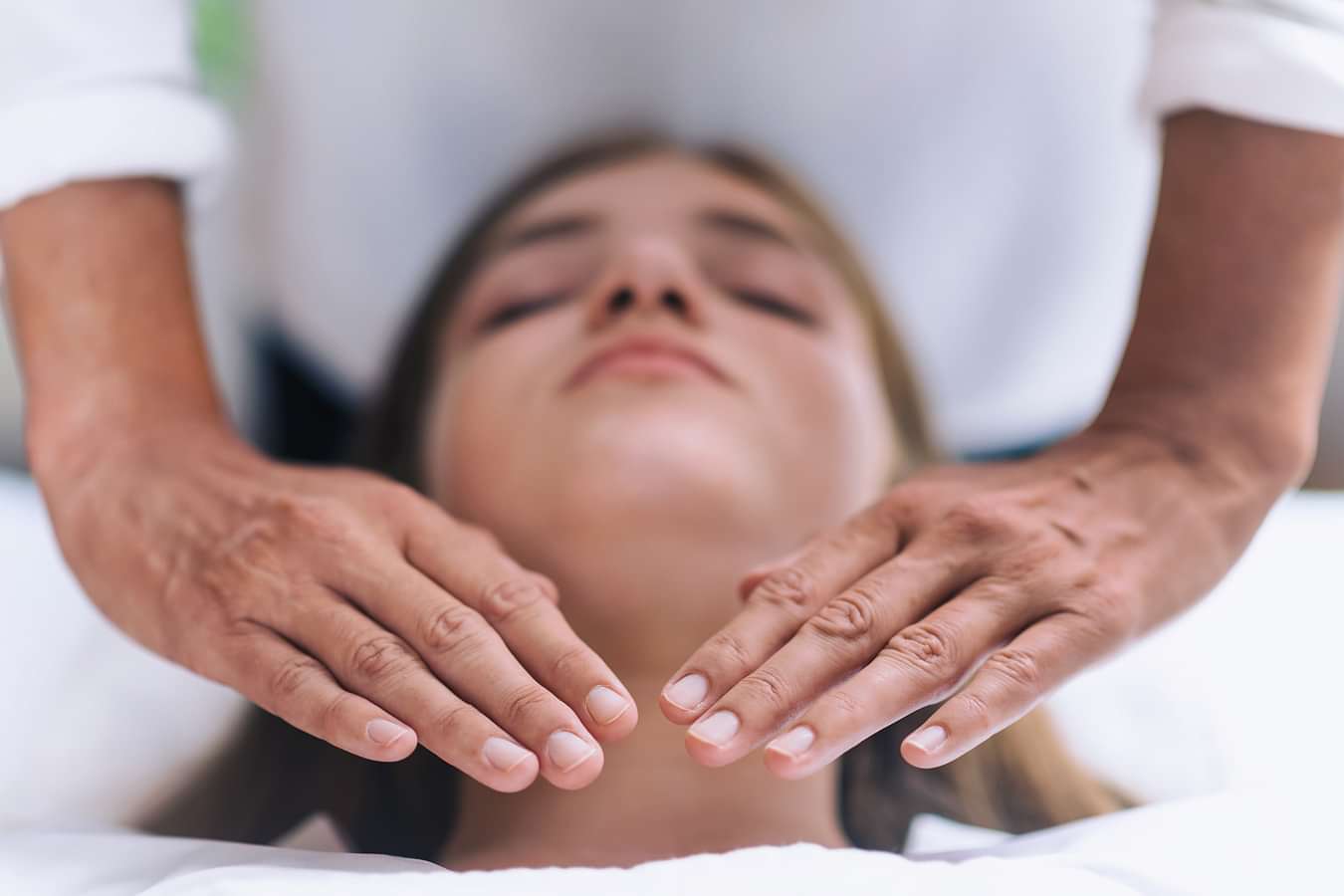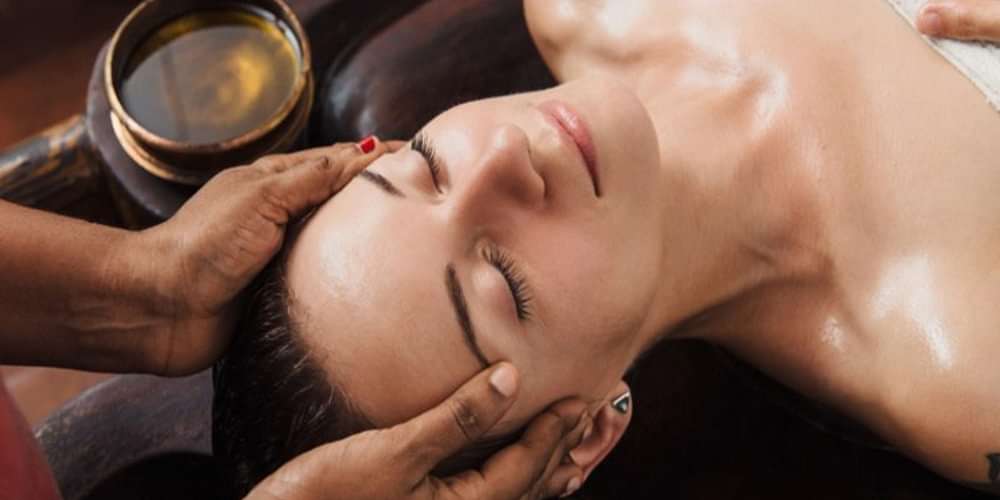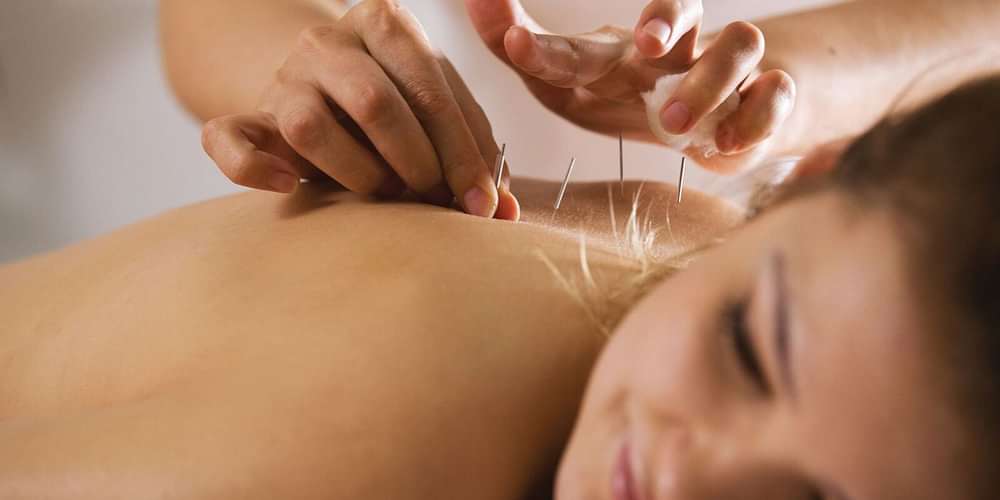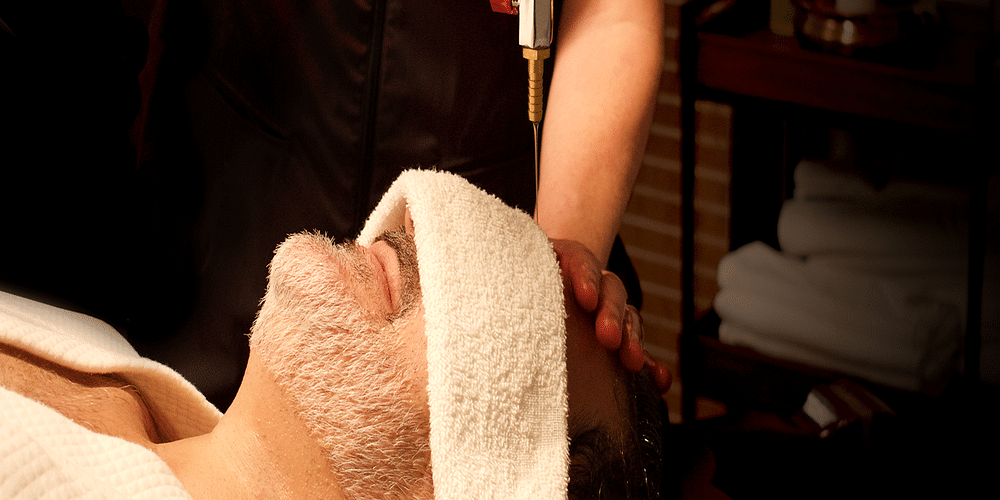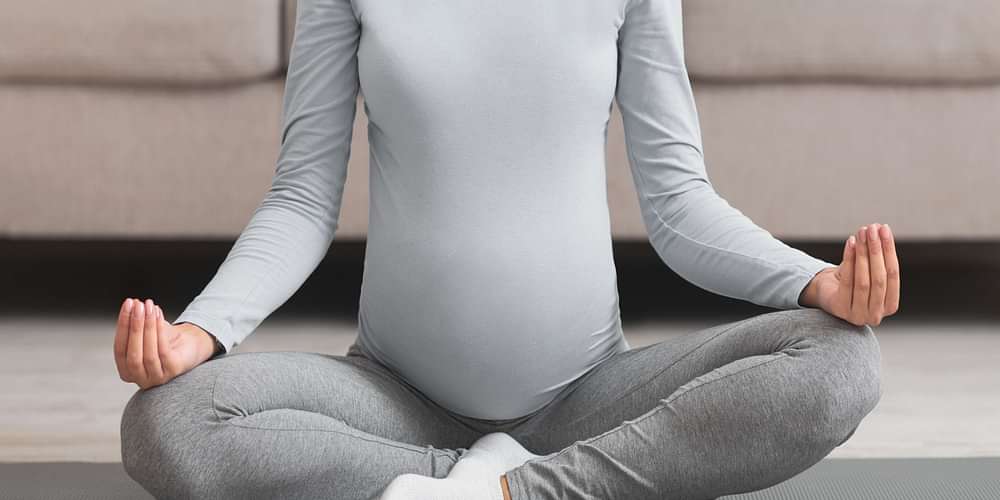- Holiday Wellness Guide: Staying Fit Through Christmas and the New Year
- Top Winter Wellness Rituals Backed by Ayurveda and Modern Science
- 7 Reasons to Discover Ultimate Serenity with Naturopathy
- Embrace Wellness Winter
- 7 Wellness Tips For Your Longevity
- World Mental Health Day: Essential Insights for Balanced Life
- 5 Ways to Achieve Optimal Digestive Health
- Exploring the Health Benefits of 5 Popular Types of Massages
- How Spas Rejuvenate the Body, Mind, and Soul
- What is Swedish Massage
- Valuka Sweda
- Januvasti
- Annalepam
- Navara Kizhi
- Shiro Vasti
- Udhwarthanam
- Podikizhi
- Pizhichil
- Upanaham
- Merudanda Vashti
- Netra Tarpana
- Greeva Pichu
- Greeva Vasti
- Merudanda Pichu
- What is Ayurveda?
- The Benefits of Practicing Ayurveda
- Ayurveda: An Alternative Medicine
- Techniques and Benefits of Shiro Abhyanga in Ayurveda
- The Ayurvedic Cleanse of Panchakarma
- How Padabhyangam Therapy Heals Your Body and Mind
- Elements in Ayurveda and their Significance
- Live The Tranquil Life
- Detox and Rejuvenate with Acupuncture
- Lifestyle Management with Yoga and Meditation
- A Unique Approach To A Healthy Diet
- Weight Management with Ayurveda
- Wellness Retreats to Celebrate Women's Day
- Best Stress Relief Techniques
- Benefits of Massage Therapy
- 10 Quick & Easy Fresh Juice Recipes
- Everything you need to know about Holistic Health Assessment
- Essence of Yoga
- Why Must You Practice Yoga Regularly?
- The Basics of Ayurveda
- Boost Your Immunity With Naturopathy Amidst The Pandemic
- 5 Ways To Bring Down The Risk Of Seasonal Diseases
- 5 Amazing Tips To Improve Your Immunity
- 4 Everyday Habits That Might Be Harming Your Gut Health
- Reiki: The Healing Touch
- Your Ultimate Guide To Chakra Meditation
- Embrace the Naturopathic Way of Life
- Best Therapies for Chronic Neck Pain
- 4 Things Not To Do After A Filling Meal
- 8 Things That Weaken Your Immune System
- Try These 12 Things to Beat Panic and Stay Calm
- Beat Stress With These Foods During COVID-19
- Diet and Depression: What to Eat, What to Avoid
- Is Depression Keeping You Sedentary? Here is what you can do
- A Low FODMAP Diet For Better Digestive Health
- Want to Increase Sperm Count? Go the Nature's Way
- Home Remedies to Manage your PCOS
- Try Ayurveda to get pregnant faster
- Try Fertility Yoga to Support Reproductive Health
- Should You Ditch Dairy Products For Weight Loss?
- 6 Principles of naturopathy you should know about
- 9 Home Remedies For Digestive Issues
- Ayurvedic Remedies to treat COVID-19
- Importance of Doshas
- Acupuncture: The perfect healing therapy to boost fertility
- Fighting COVID-19 with Ayurveda
- A positive attitude will help you deal with COVID-19
- Practice yoga to boost mental health during COVID-19
- What to do when taking a deep breath just isn't enough
- Four Things To Gift Your Dad This Father’s Day
- Simple Steps To Spend Your 4th Of July Weekend
- 5 Amazing Things to Do During This Fall When You Plan Your Trip
- 4 Therapies for women dealing with stress & anxiety
- Importance of Ayurvedic Treatment in The Modern World
- What is Naturopathy & how does it benefit you?
- 10 Winter Wellness Tips For Your Health
- Weekend Getaways & Health Benefits
- The Importance Of Having Corporate Retreats
- 6 Reasons Why You Should Go To Health and Wellness Retreat
- 6 Habits to Consider in New Years Resolutions
- 5 Tips to Welcome Healthy Spring Season
- 6 Wellness Tips to Reignite the Spark of Love this Valentine Day
- 6 Wellness Tips for Longevity
- Catskills Most Sought Destination for Wellness Lovers
- 5 Springtime Wellness Tips
- How Detoxing Your Body Can Contribute to Your Holistic Wellbeing
- Unlock Secrets of Longevity with Spring Rejuvenation
- World Health Day: 6 Ways To Embrace The Power of Good Health
- Things To Do Around The Bethel Woods Center of Arts
- 5 Healthy Habits to Attain Longevity
- Mother's Day Give Her Gift of Wellness
- How To Deal With Anxiety and Depression
- Yoga For Beginners
- How to Make the Most of International Yoga Day
- Benefits Of Shirodhara Therapy To Restore Your Wellbeing
- Stress Taking A Toll On Your Health?
- How a Wellness Retreat Can Help You Get Through Panic Attacks
- Elevating Your Mind, Body, and Soul with Effective Wellness Prog
- Unlock the Secret to Restful Nights: YO1's Insomnia Management P
- Tips for a Healthier Labor Day Weekend
- Why Choose a Wellness Retreat Over a Typical Holiday
- 5 Ways to Unlock Optimal Health and Wellness
- World Vegetarian Day Health Benefits
- Catskills Resort Perfect Wedding Venues
- Stress Management Program for Mind Body
- Role of Healthy Diet in Longevity
- Enhancing Couple Wellness this Valentine Day
- 6 Anxiety Management Tips
- Wellness Benefits of Spa Treatments
- Womens Wellness Retreat A Step by Step Guide
- Weight Management Why It Matters
- Tips for Spring Season
- Self Care Simple Strategies
- 7 Spring Season Foods to Boost Health
- How Yoga Can Improve Physical and Mental Health
- Top Natural Remedies for Spring Allergy Relief
- How Hydrotherapy Impact the Mind and Body
- Tips For Managing Daily Anxiety and Stress
- Celebrate International Yoga Day with Top 10 Yoga Poses
- 10 Nutritious Foods to Manage Type 2 Diabetes
- Meditation Techniques to Calm Anxious Mind
- What to Expect During the Ayurvedic Detox Program?
- Top 10 Benefits of Acupuncture Therapy
- What to Expect From Your First Yoga Retreat
- YO1 Resorts Featured in Smile 2 Movie
- Bethel Woods Center for the Arts: All You Need to Know
- Everything You Need to Know About Deep Tissue Massage
- Ways to Celebrate Labor Day
- Best Wellness Resorts in Catskills New York
- 5 Common Myths About Weight Management
- Luxury Recovery at YO1 for Spartans Race
In today's fast-paced world, many individuals are searching for natural and holistic ways to detoxify and rebalance their systems. One such technique is the Ayurvedic detox system which is influenced by traditional Indian medicine. Focusing on balance, natural remedies and tailored approaches, an Ayurvedic cleanse provides a holistic detoxification approach.
In this article, we’ll discuss what to expect from an Ayurvedic detox program, the advantages of a cleanse and the way to prepare.

Deep Breathing Meditation
Introduction to Ayurvedic Detoxification
Ayurveda means "the science of life," a system of medicine which was used in India for over 5,000 years. It seeks balance in body, mind and spirit for wellbeing and wellness. Ayurvedic detox program or Panchakarma is a fundamental part of this holistic approach. It purifies the body of toxins (ama), heals the system and brings back balance in the doshas - Vata, Pitta, and Kapha. Take advantage of YO1's Detox program to enhance digestion and increase metabolism.
Why Follow an Ayurvedic Detox Program?
An Ayurvedic cleanse could boost digestion, immunity, mental clarity and energy. It's especially helpful for those with symptoms of imbalance - exhaustion, digestive problems, weight gain and stress. The Ayurvedic detox program restores harmony and promotes long-term health by addressing the source of these problems.
Preparing for Ayurvedic Cleanse
Ayurvedic detox program requires preparation before starting. Here are some steps to get you prepared:
A session with an Ayurvedic Practitioner
Ayurvedic practitioners will evaluate your constitution (Prakriti) and current imbalances (Vikriti). This assessment allows the detox program to be tailored to you.
Dietary Changes
Start eating Ayurvedic dietary principles now: Eat fresh, organic and digestible foods. Avoid processed foods, caffeine, alcohol and heavy or fried foods.
Hydration
Drink plenty of warm water and herbal teas to flush toxins.
Mindful Eating
Practice mindful eating - chewing your food carefully, eating in a quiet environment and not overeating.
Herbal Supports
Your Ayurvedic physician may prescribe specific supplements and herbs to help detox you.
Mental and Emotional Preparation
An Ayurvedic cleanse eliminates physical toxins and mental/emotional imbalances. Practice meditation, yoga and deep breathing to develop a still mind.
Phases of an Ayurvedic Detox Program
An Ayurvedic detox program generally has three phases: Purvakarma (preparatory practices), Pradhanakarma (main detoxification) and Paschatkarma (post-detox measures).
1. Purvakarma (Preparatory Practices)
The preparatory phase loosens and mobilizes toxins from tissues to be eliminated during the main detox phase.
The basic components of Purvakarma are:
Snehana (Oleation)
This involves applying warm, medicated oils both internally and externally. Internal oleation could be ghee consumption or specific oils, and external oleation oil massages (Abhyanga). Oleation loosens toxins and moves them toward the digestive tract for removal.
Swedana (Sudation)
This is therapeutic sweating performed in steam baths, hot showers or herbal steam treatments. Swedana opens channels of elimination and mobilizes toxins.
Dietary Adjustments
Continue a light, easily digestible diet involving warm, cooked foods, soups and herbal teas.
2. Pradhanakarma (Main Detoxification)
The main phase of the Ayurvedic detox program Pradhanakarma comprises five main detoxification therapies called Panchakarma. Each therapy is specific to the person and his constitution/imbalances.
The five therapies include:
Vamana (Therapeutic Emesis)
This therapy utilizes controlled vomiting to eliminate excess Kapha dosha and mucus from the upper digestive tract. It helps with respiratory problems, allergies and skin disorders.
Virechana (Purgation Therapy)
Virechana removes excess Pitta dosha and toxins from the small intestine and liver with herbal laxatives. It is used for skin problems, acid reflux, along inflammation.
Basti (Enema Therapy)
Basti is among the major therapies of Ayurveda. It involves a course of medicated herbal decoctions or oils passed through the rectum to cleanse the colon and eliminate Vata dosha imbalances. Basti helps in digestion, joint pain and neurological problems.
Nasya (Nasal Administration)
Nasya is made by spraying the nasal passages with medicated oils or herbal powders. This therapy clears sinuses, improves mental clarity and balances imbalances in the head and neck region.
Raktamokshana (Bloodletting)
This particular treatment consists of the controlled withdrawal of small quantities of blood to clear the blood of impurities and toxins. Raktamokshana is used for skin disorders, varicose veins and inflammatory conditions.
Not all individuals will undergo all five therapies. The specific therapies will vary with the person's constitution, imbalances and health condition.
3. Paschatkarma (Post-Detox Measures)
The post-detox phase is important to consolidate the benefits of detox and prevent future problems.
The major components of Paschatkarma are:
Dietary Guidelines
Reintroduce gradually normal foods following Ayurvedic diet principles. Avoid heavy, processed and difficult-to-digest foods.
Rest and Rejuvenation
Let your body and mind relax and recharge. Try gentle yoga, meditation and deep relaxation techniques.
Herbal Supports
Take any prescribed herbs or supplements to support continued detoxification and balance.
Lifestyle Recommendations
Include Ayurvedic lifestyle practices in your daily life such as early morning awakening, self-massage (Abhyanga) and a consistent sleep schedule.

Common Experiences During an Ayurvedic Detox Program
While everyone will experience an Ayurvedic detox program differently, some common experiences and sensations may occur:
Increased Energy Levels
After toxins are eliminated and balance restored, many report feeling more energized and reenergized.
Improved Digestion
Ayurvedic cleanses offer improved digestion and elimination. You might notice regular bowel movements, less bloating and increased metabolism.
Mental Clarity
The detoxification process usually brings greater mental clarity, focus and calm.
Emotional Release
An Ayurvedic detox program treats both physical toxins and emotional imbalances. Emotional releases and emotional lightness are normal.
Initial Discomfort
Some people experience mild discomfort during the initial detox period including headaches, fatigue or digestive problems. These are usually temporary and indicate detoxification of the body.
Supportive Practices During an Ayurvedic Cleanse
Follow these practices to benefit your Ayurvedic detox program and detox your body.
Meditation and Mindfulness
Daily meditate and practice mindfulness to relax the mind. This will keep you centred and balanced during detoxification.
Gentle Yoga
Gentle yoga asanas (postures) and pranayama (breathing exercises) support physical and mental detoxification.
Self-Massage (Abhyanga)
Use warm sesame oil or medicated herbal oils for daily self-massage to promote circulation, relaxation and toxin removal.
Herbal Teas
Warm organic teas (ginger, cumin, coriander, fennel tea) to help detoxification and digestion.
Epsom Salt Baths
Take Epsom salt baths to relax muscles, detoxify, and ease stress.
Adequate Rest
Sleep enough to support your body's detoxification and renewal processes.
Conclusion
Ayurvedic detox program is an excellent start to health and wellness. Following Ayurveda principles can rid your body of toxins, balance your doshas and rejuvenate your system. Remember an Ayurvedic cleanse is a personalized journey based on your constitution and imbalances. By nourishing your body, spirit and mind with an Ayurvedic detox program, you can attain lasting well-being, vitality and a fresh lease on life. Therefore, take the journey with an open heart and mind and let Ayurveda point you toward a lifetime of harmony and balance.
FAQ's
1. What exactly are the main advantages of an Ayurvedic detox programme?
Answer: Ayurvedic detox program for cleansing and rejuvenation.
Major benefits include:
Improved Digestion: Ayurvedic cleanses help your digestive system work better, so you have frequent bowel movements, much less bloating and much better nutrient absorption.
Increased Energy Levels: Eliminating toxins (ama) may give you more energy and less fatigue.
Better Mental Clarity: The detox process may remove mental fog, and increase focus and emotional stability.
A strengthened Immune System: A balanced body better defends itself against illnesses, making you less prone to common colds and other minor ailments.
Emotional Balance: The holistic nature of Ayurvedic detox addresses emotional imbalances, emotional release, and lightness.
Overall Well-being: A restored and balanced system means longer health benefits and more vitality in your life.
2. How to prepare for an Ayurvedic detox program?
Answer: The benefits of an Ayurvedic detox program can not be fully benefited without preparation.
Follow these steps:
Seek advice from an Ayurvedic Practitioner: Get an assessment of your constitution (Prakriti) and current imbalances (Vikriti) so the detox program suits you best.
Dietary Changes: Start following Ayurvedic diet principles. Focus on fresh, organic, digestible foods. Avoid processed foods, caffeine, alcohol and heavy or fried foods.
Keep Hydrated: Consume plenty of herbal teas and warm water. Water helps flush toxins out.
Mindful Eating: Practice mindful eating - chewing, eating in quiet environments and not overeating.
Mental and Emotional Preparation: Mental and emotional stress is also addressed in an Ayurvedic detox. Add meditation, yoga and deep-breathing workouts to your day-to-day routine to create a quiet mind.
Herbal Supports: Your Ayurvedic physician may suggest specific supplements and herbs to help your detox.
3. What to expect during an Ayurvedic detox program?
Answer: Your experience with an Ayurvedic detox program may vary but follow these common phases:
Purvakarma (Preparatory Phase): This phase utilizes Snehana (oil therapy) and Swedana (therapeutic sweating) to loosen and release toxins. Start with dietary adjustments and internal/external oleation.
Pradhanakarma (Main Detoxification Phase): The detox program consists of Panchakarma therapies like Vamana (therapeutic emesis), Virechana (purgation), Basti (enema), Nasya (nasal administration) and Raktamokshana (bloodletting). These therapies are individualized for your constitution and imbalances.
Paschatkarma (Post-Detox Phase): This phase follows the main detox and involves gradually introducing normal foods following Ayurvedic diet principles. It also includes rest, renewal through yoga and meditation and possibly continued herbal supplements.
Common Experiences: You may feel more energized, feel better digested and have better mental clarity. Emotional release and initial mild discomfort (headaches or fatigue) are also normal and signify your body is detoxifying.
GET IN TOUCH
Please take a moment to fill out the form below with your contact information. A YO1 Longevity & Health Resorts representative will reach out to you with additional information.





